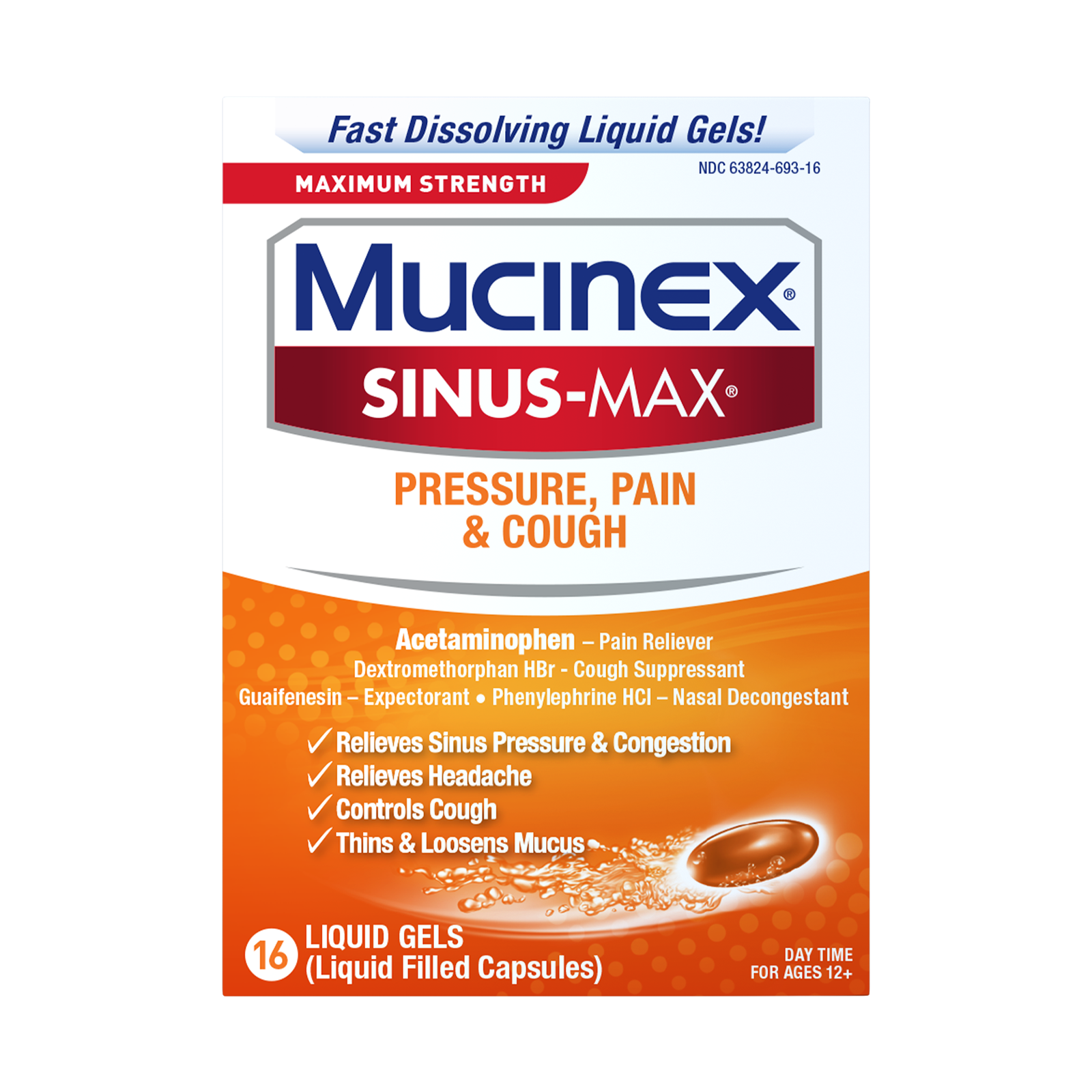Just a few days ago, you had no complaints — you were feeling fine and ready to go. But then, you woke up with a stuffy nose, that unmistakable sensation of exactly what’s going on inside your body.
What causes nasal congestion? Have you caught a cold? Could it be the flu? Maybe it’s just your allergies acting up again. Even though nasal congestion is a common symptom of numerous ailments, chances can figure out what’s behind your stuffy nose simply by taking stock of your other symptoms
Keep reading to get help finding out what is causing your nasal congestion, and to find appropriate relief for your nasal congestion cause.
Nasal Congestion From the Common Cold
You may think that you have a stuffy nose because your body is producing more mucus, but that’s only partly true. Nasal congestion happens when the tissues in your nose become swollen because of inflamed blood vessels.
It’s one of the first things to occur when you catch a common cold. There are more than 200 viruses that can cause a cold, according to the Centers for Disease Control and Prevention, which may help explain why most adults come down with two to three colds each year. Common cold symptoms include nasal congestion, sneezing, postnasal drip, a sore throat and coughing. Although you may feel more fatigued than usual, you probably won’t run a fever, have a headache or experience body aches.
Nasal Congestion From the Flu
The dreaded flu; once you’ve had it, it’s the last thing you’ll ever want to have again. That’s because the flu typically comes with a high fever that lasts for days, a headache and general aches and pains that can be quite severe, as well as the kind of fatigue that can leave you feeling weak for up to three weeks. Although people with the flu don’t always have significant nasal congestion, having some amount of congestion is relatively common. You may also experience a sore throat, a cough and some chest discomfort. A cold may interfere with your day-to-day life, but the flu is far more likely to knock you off your feet for a while.
Nasal Congestion From Sinusitis
Nasal congestion is a hallmark symptom of acute sinusitis, commonly known as a sinus infection. Many times, a sinus infection starts with a cold virus — a cold that lingers or gets worse after five to seven days is often a sign of sinusitis. With this type of infection, both the tissues lining your nasal passage and those lining your sinuses become inflamed. Mucus builds up and may cause headaches, pressure behind your eyes and general face tenderness.
Sinusitis usually comes with a sore throat and cough caused by postnasal drip, a fever, fatigue and bad breath. Although it’s often treated with antibiotics, the American Academy of Allergy Asthma and Immunology surmises that fewer than two percent of sinus infections are caused by bacteria.
Nasal Congestion From Allergies

It’s easy to see why it can be hard to distinguish between having a cold and dealing with allergies, as the two have several symptoms. Nasal congestion, with or without a runny nose, is part and parcel of most airborne allergies. Sneezing is too, and you may also experience a sore throat and a cough. You know you have allergies, however, when your cold-like symptoms also come with wheezing and watery or itchy eyes. Another major difference between having a cold and dealing with allergies is that a cold takes a few days to develop, while the stuffy nose of an allergic reaction begins shortly after you’ve been exposed to an allergen.
Recommended Products
Combatting Nasal Congestion
Whenever you’re feeling under the weather, it’s important to prioritize rest, so your immune system is at its best. And no matter what your nasal congestion causes, you can find immediate relief by doing any or all of the following:
- Drink plenty of fluids to thin your mucus.
- Apply a warm, moist cloth across your nose to loosen mucus.
- Run a humidifier or vaporizer as you sleep at night to help get your mucus flowing. Sitting in a steamy bathroom a few times each day will have a similar effect.
- If you’re fighting an infection, use an over-the-counter decongestant to help dry up and shrink your nasal passages so you can breathe easier.
- If you have allergies, an antihistamine may help alleviate your symptoms.
It is important to note that it is crucial to use over-the-counter (OTC) medications as directed and seek medical care when necessary. If your symptoms persist, worsen, or are accompanied by severe pain, high fever, or difficulty breathing, it is essential to consult a healthcare professional for a proper diagnosis and appropriate treatment.
Now You Know What Causes Nasal Congestion
After reading this blog post, you now have a better understanding of what causes nasal congestion. Whether it's due to the common cold, the flu, sinusitis, or allergies, nasal congestion can be a bothersome symptom that affects your daily life. The common cold and the flu come with their own set of symptoms, including fatigue, sore throat, and coughing, while sinusitis involves inflammation of the nasal and sinus tissues. Allergies, on the other hand, can cause nasal congestion along with sneezing, itchy eyes, and wheezing.
Fortunately, there are several ways to find relief, such as getting plenty of rest, staying hydrated, using warm compresses, running a humidifier, and considering over-the-counter decongestants or antihistamines. By understanding the underlying nasal congestion causes and exploring appropriate remedies, you can better manage nasal congestion and its causes.
- MedlinePlus, Undated, Stuffy or Runny Nose — Adult
- Centers for Disease Control and Prevention, 2021, Antibiotic Prescribing and Use: Common Cold
- NIH News in Health, 2014, Cold, Flu, or Allergy? Know the Difference for Best Treatment
- American Academy of Allergy Asthma and Immunology, 2012, Colds, Allergies and Sinusitis— How to Tell the Difference











